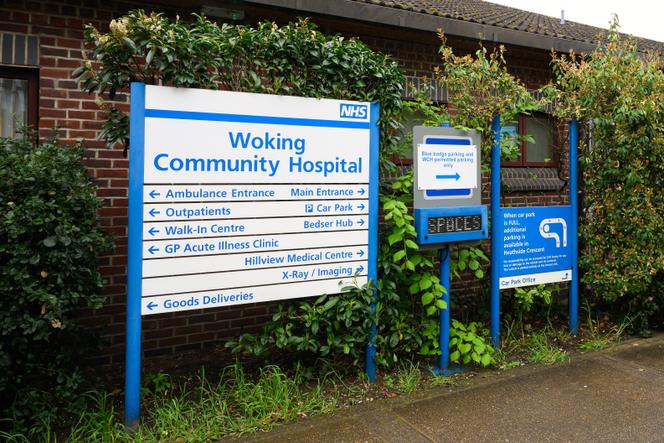

LETTER FROM LONDON

While nothing can replace those who are gone, some tragedies can lead to improvements. Such is the case with the sad story of Martha Mills. The 13-year-old girl suffered a nasty fall from her bike in the summer of 2021, while on a family outing with her parents and younger sister in Snowdonia National Park in Wales. The young girl injured her stomach when she fell on her handlebars. She had a hematoma but the doctor, consulted by videoconference from the local medical center, downplayed the injury. The following night, her suffering worsened, and her parents took her to Aberystwyth A&E, where she was diagnosed with a lacerated pancreas.
The injury was very serious but the girl's prognosis was not life-threatening. Martha was transferred by helicopter to the intensive care unit at the hospital in Cardiff, the capital of Wales, and then to King's College Hospital in London, one of three centers in the UK specializing in pancreatic trauma in children. In principle, she benefited from the best of the National Health Service (NHS), the British health system. It has been suffering from underinvestment and understaffing for years, and it has emerged exhausted from the collective ordeal of Covid-19 but it remains highly effective for dealing with emergencies.
You have 79.24% of this article left to read. The rest is for subscribers only.
